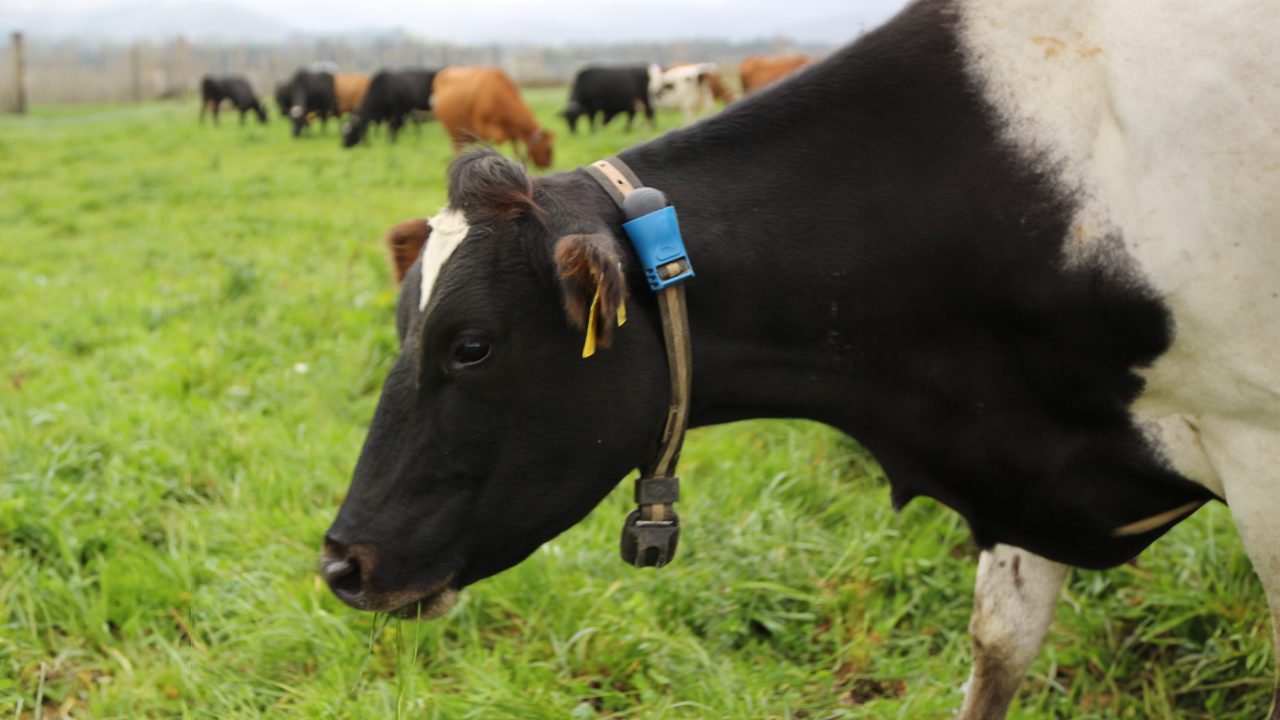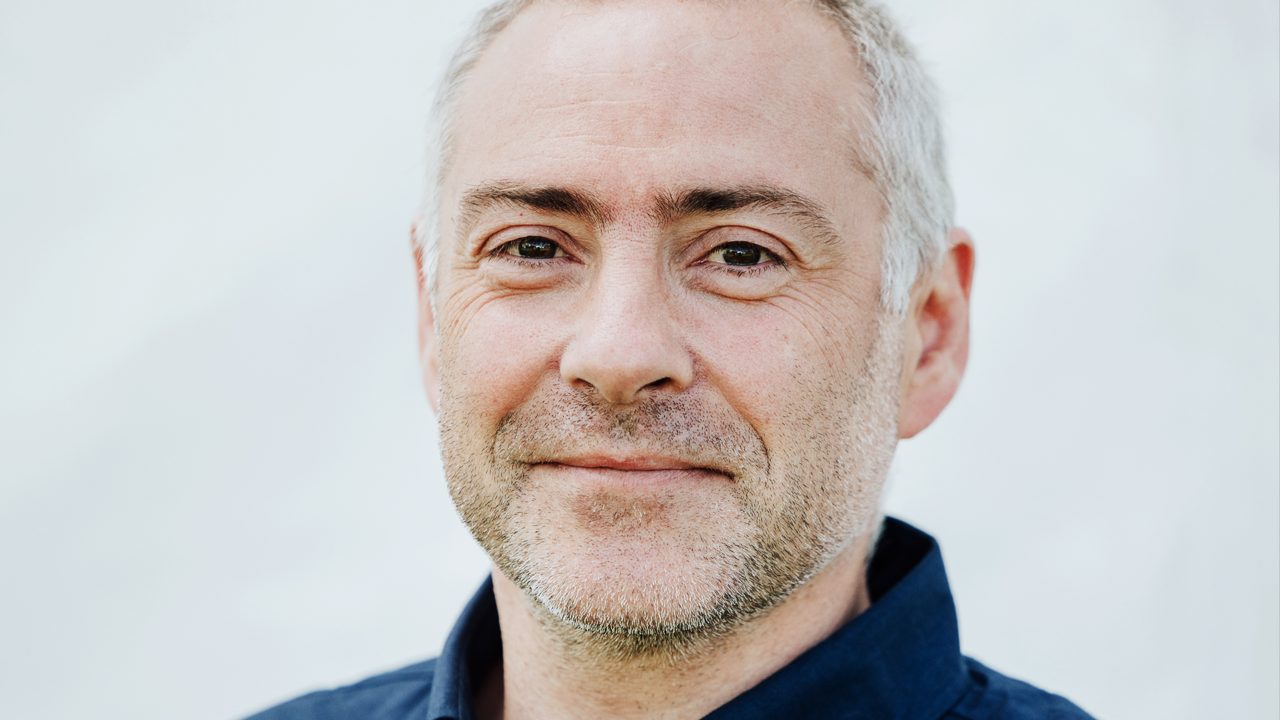About 17% of the national milking herd now wear collars that create these virtual fencing barriers. It's growing in the beef industry too, and of course, there are a number of other collars out there on the market as well that are for all types of data gathering and information. But what happens to these collars once they reach the end of their battery life?
Sam Higgins from MSD Animal Health delves into the innovative and eco-conscious pilot project for recycling SenseHub dairy collars.
With an estimated 10,000 collars expected to be disposed of this year, the project aims to revolutionise the way these wearables are handled at the end of their life cycle, promoting sustainable practices within the dairy farming community in New Zealand.
Higgins explains the broader impact and potential of the project.
"We need to do something that shows good stewardship to the product, to the environment, to the farmer and, of course, to our export economy."
He also provides insight into the pilot's mechanics, describing the collars as "a little bit like a Fitbit on a cow" that enables constant monitoring and provides alerts to farmers. The company's close engagement with farmers facilitates the return and recycling process as the collars reach their end of life.
The conversation highlights the practicalities of the return process for the sensehub collars, detailing a hassle-free approach where farmers are guided by MSD Animal Health's after-service team to coordinate environmentally responsible returns.
Regarding the recycling process, Higgins explains that "six of those compartments can be recycled within New Zealand," including various plastics, a lithium battery, and a circuit board. The only component not currently recyclable domestically is the nylon strap, which is stored until it can be shipped in bulk overseas.
The conversation touches on the partnership with Agrecovery and the hope to eventually recycle all components locally. The pilot project serves as a proactive step toward a future where a significant increase in wearable disposal could occur, reflecting on the potential for "half a million collars" within five years and over a million in ten.
The initiative also aligns with the broader environmental goals of New Zealand, as Higgins highlights the global perception of New Zealand farming and the importance of substantiating the country's clean and green image through such stewardship efforts.
As the conversation wraps up, he reiterates the importance of convenience for farmers to ensure the success of the recycling initiative, as well as the project's alignment with upcoming changes to the Waste Minimisation Act.
He concludes with the importance of starting early with such initiatives, saying, "This is the right thing to do early," indicating MSD Animal Health's commitment to environmental responsibility and the sustainability of dairy farming practices.
Listen to the full chat between Sam Higgins and Dominic George above.
To check out more episodes listen to the REX Podcast anytime on your favourite streaming platforms including Spotify, Apple Music and Rova or tune in to REX Mornings live on Magic from 5 am to 6 am every weekday.
Visit the Rural Exchange Facebook or Instagram page for more information and regular updates from the REX team.










